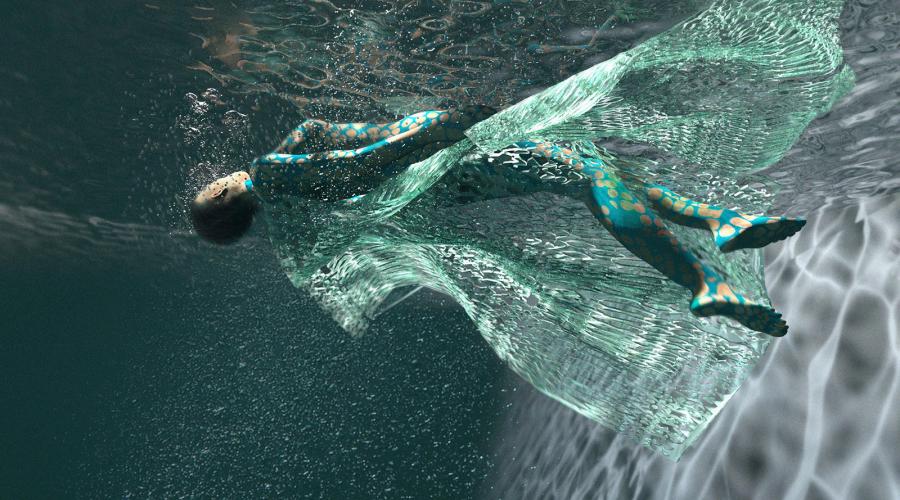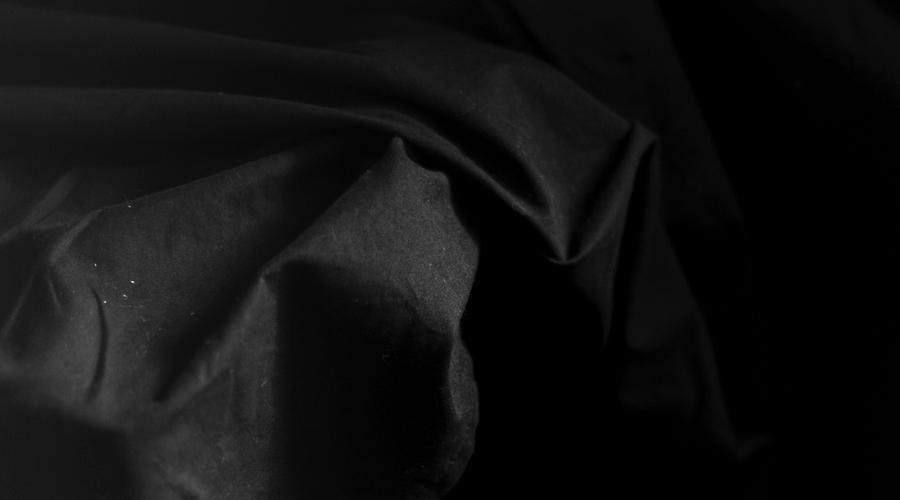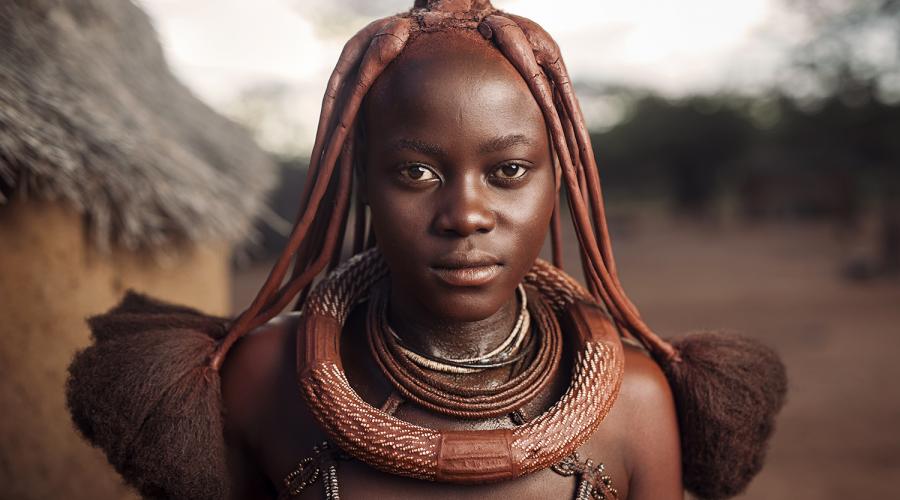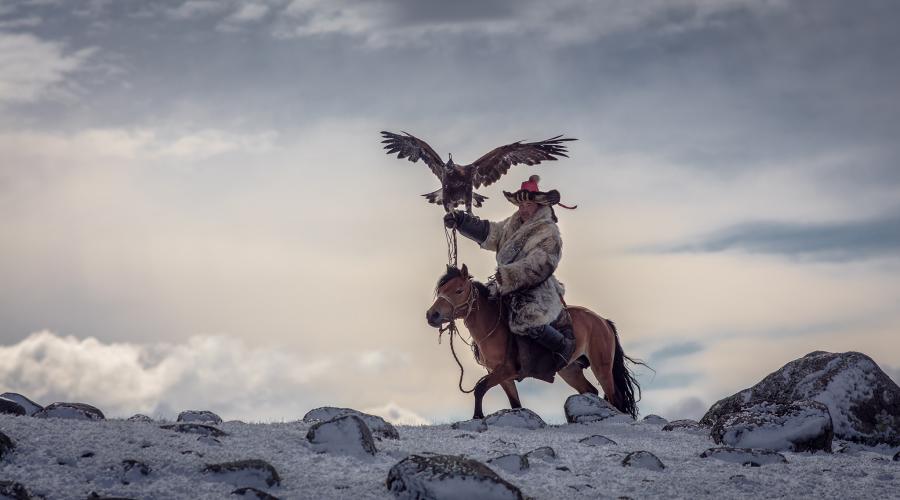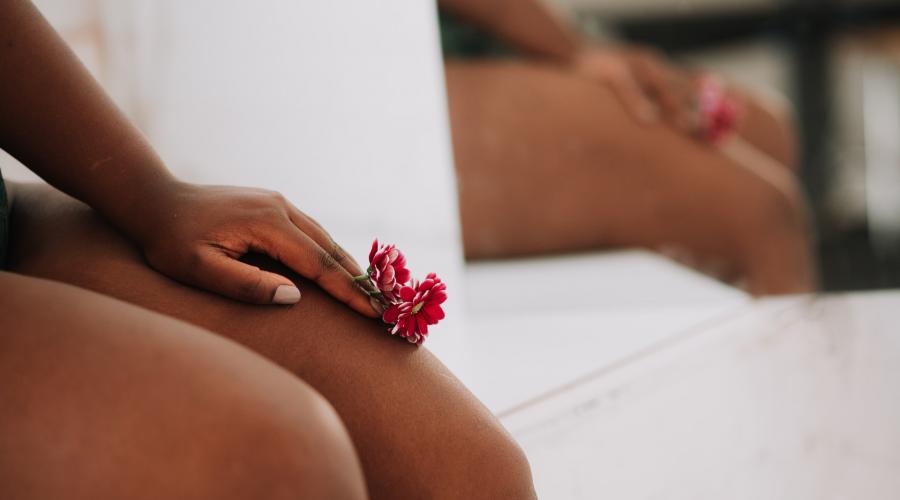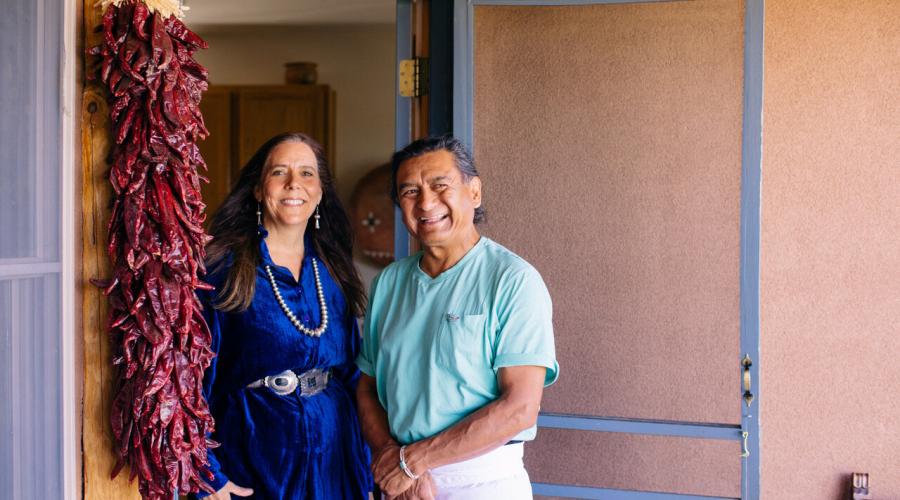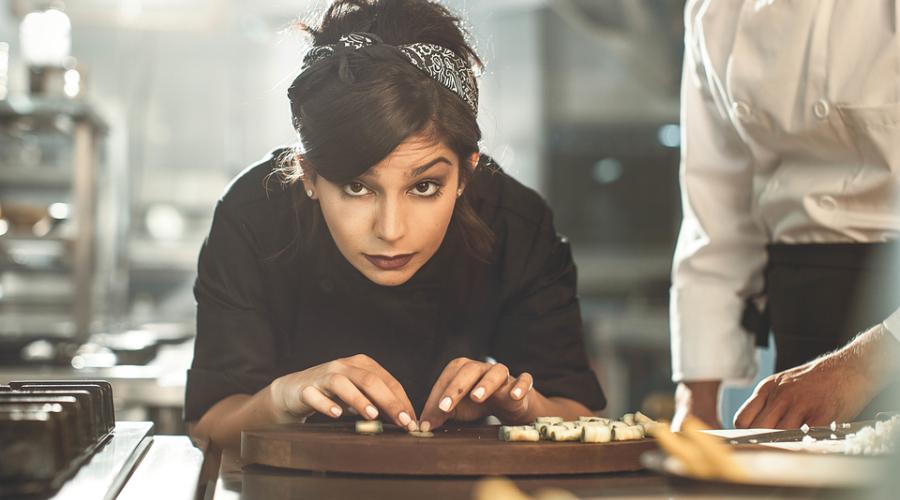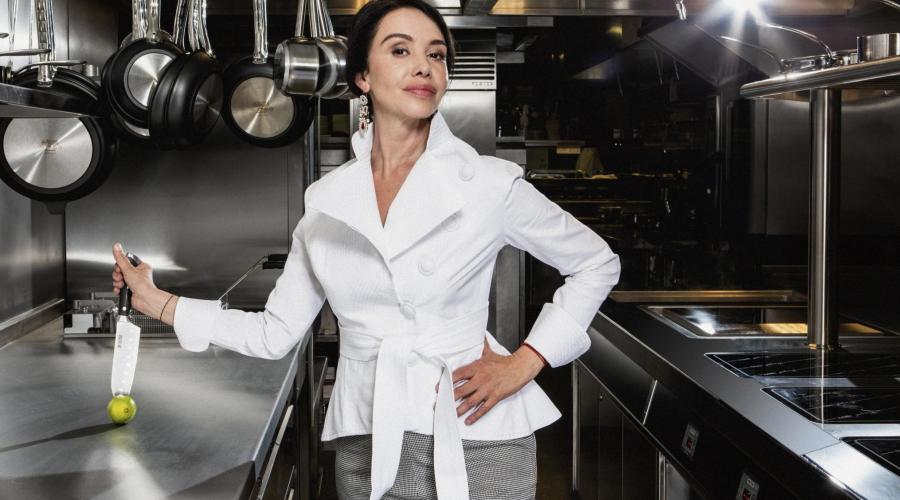Women who are making the world a better place
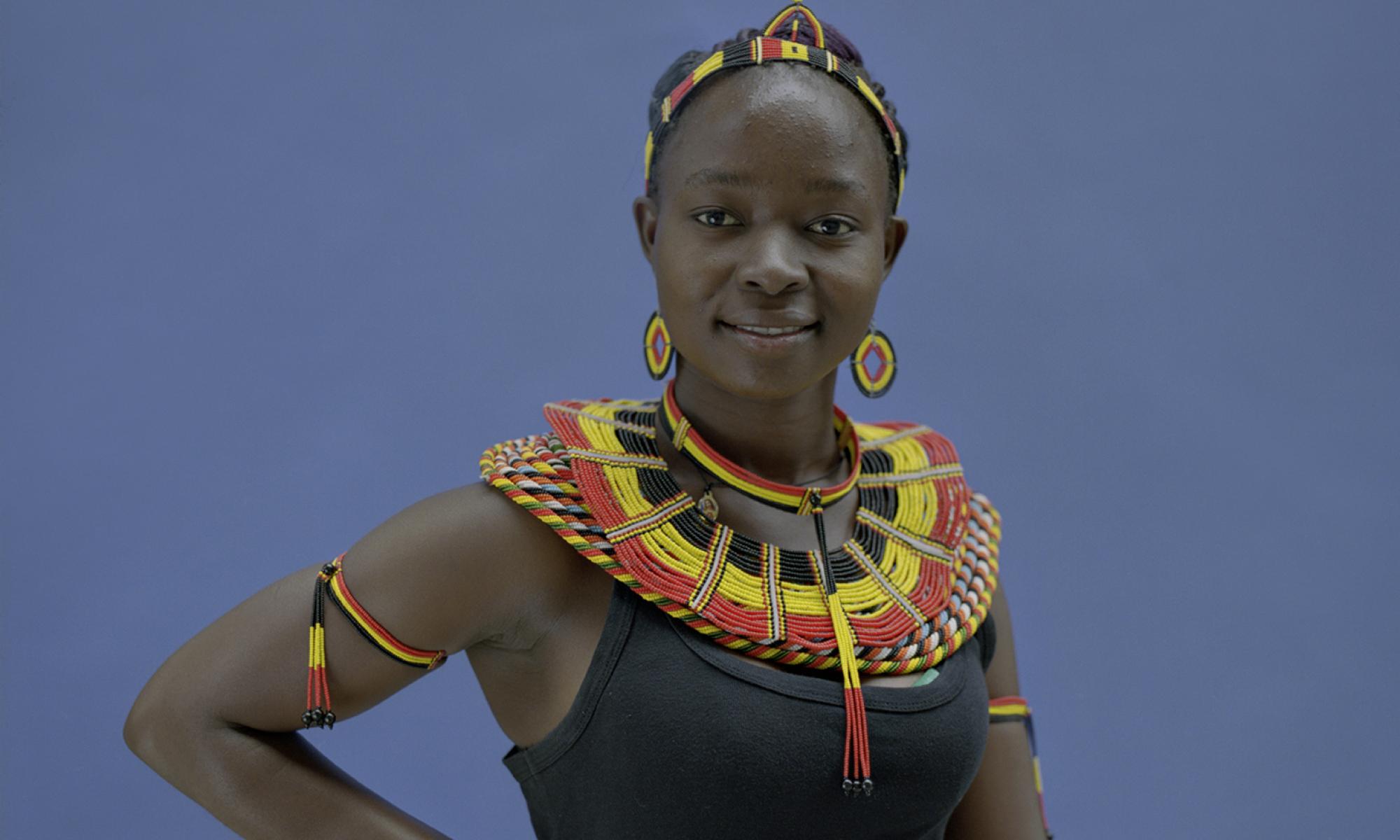
Clementina Ilukol, Uganda | A leader of young midwives
“There are many challenges for women in the community where I work. There is a lot of domestic violence. There is child marriage, forced marriage. You find these young girls being denied to go to school [...] not knowing they are being denied their rights.”
The following portraits of women that are creating change in order to make the world a better and more equal place were captured by photographer Andreas Bro at the Women Deliver Conference in Copenhagen, Denmark, early last year. The conference, held every three years, is the world’s largest gathering on issues in respect of the health, rights, and wellbeing of women and girls. Bro had the opportunity to photograph and interview many of the women there and what they had to say sheds a raw truth on the unequal realities that exist world over. However, their insights also emit a sense of hope: that there are individuals out there working tirelessly to change the world. The next conference is set for 2019 and will be held in Vancouver, Canada.
001_gretchen.JPG
Gretchen, USA | Retired science teacher and administrator of adolescent kids.
“The biggest issue we face today is that we [women] may be forgetting how important it is to politicize: to be able to move the big powers to our causes. I think that the head of planned parenthood this morning said it so well when she said 'we can do this, we can do that [...] but if we don’t politicize it and get it changed in the world of politics it's not going to happen' [...]. I think if there isn't going to be a lot of noise, it's not going to happen for women.”
002_praise.JPG
Praise A. Emenike, Nigeria | Works with Family Health International (FHI 360) to strengthen and integrate the delivery of HIV/AIDS services in communities.
“The biggest issue today is gender-based violence. We have gender-based inequalities everywhere. In the place where I work women would need consent from their husband to access a simple HIV test. That shouldn't be an issue [...]. They should be able to decide for themselves. And women who have unintended pregnancies, they should be able to decide 'this is what i want to do, this is how many children I want to have', but sometimes they don’t have that opportunity.”
003_denicia.JPG
Denicia Cadena, USA | Policy director at Young Women United (YWU), an organization that leads community organising and policy initiatives by and for self-identified women and people of color in New Mexico.
“I am working on a project around access to contraception with a group of researchers from the university of New Mexico and my organisation was brought on to make sure that the methodologies that they are using don’t include reproductive coercion and don’t shame young families and people who become parents as teenagers and really is inclusive of LGBTQ young people [...]. We also work on building educational equity for teen parents and work on framing addiction as a healthcare issue, making sure that women who are using substances while pregnant can get access to prenatal care and treatment and that they are not incarcerated for their substance use.”
004_Chidinma.JPG
Chidinma Akpa, Nigeria | Final year medical student at the University of Ibadan.
"I teach comprehensive surgical education [working] with some action groups on adolescent health. I go around secondary schools talking to adolescents, girls and boys and talk about their bodies, how to prevent HIV, unwanted pregnancy and just what they need to know about sex education. The biggest challenge today is gender inequality. I would say most of the work women do goes unrecognized, unappreciated, unpaid for and most times they are even looked down upon. At times a woman is [...] the brains behind all the work being done but somehow you find out that the appreciation is given to a man. It is repackaged [...] and the whole thing goes to a man. Especially back home in Africa."
006_Edidiong.JPG
Edidiong Michael Umoh, Nigeria | Founder of Miked, a child care and maternal services organisation.
“I’ve learned how important data is because if you don't know what is obtainable what are you gonna work on? If you don't know the number of women who die from depression during pregnancy, if you don't know that women actually are depressed during pregnancy and what the result on the child is, if you don't know that exists, how are you going to work on it? The best advice I got was from my godmother. She used to say [...] do it as your are doing it onto god and not onto man because men will never reward you."
007_Sadiqa.JPG
Sadiqa Basiri Saleem, Afghanistan | Executive director at the Oruj Learning Centre, an organisation that focuses on girls' and women’s education.
“Well I will say the biggest issue for me is that women [are] seen as an issue. This concept [...] should be transformed into something brilliant that [looks at] both men and women as an active and productive part of a whole society. Without women this world cannot move on. So once this understanding is global, we will not see women as an issue.”
008_Laraib.JPG
Laraib Abid, Pakistan | Senior Manager Monitoring at Pakistan Afghanistan Tajikistan Regional Integration Program (PATRIP).
“If I talk about Pakistan's context, our major institutions play a huge role in gender role formation. The main issue over here is that there are still a majority of women that aren't considered equal to men. Their choice, mobility, wishes all are dependent on men. It's normal for a man to hang out, travel and earn but for women, cooking and doing home chores are considered a [duty] instead of her professional achievements. [Women are] supposed to look after the family, cook and clean home even if she is earning. This is a micro-level problem that directly affects the overall behavior and life of the people. Until daughters and sons [...] are treated equally, we can't come out of domestic violence, sexual assaults, harassment, eve-teasing [and] honor killing."

